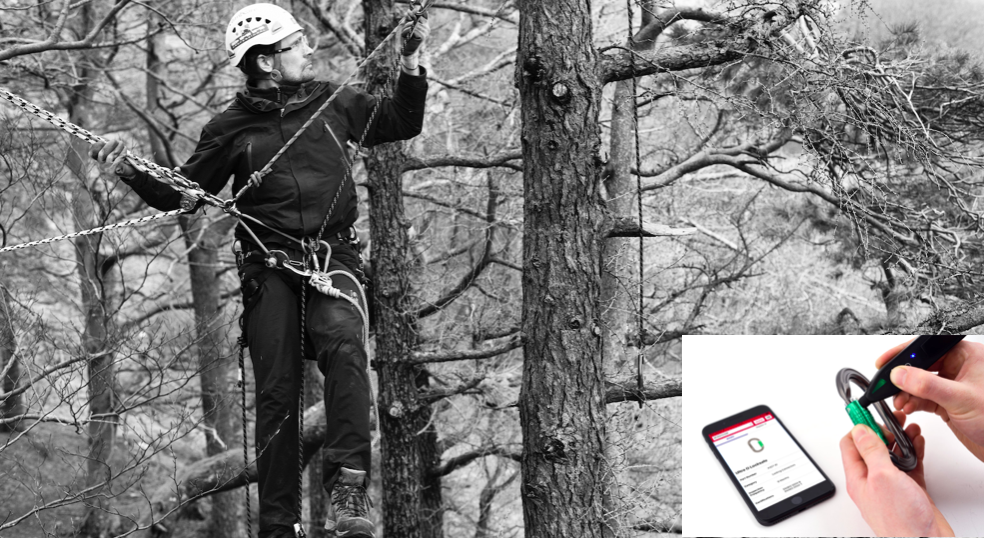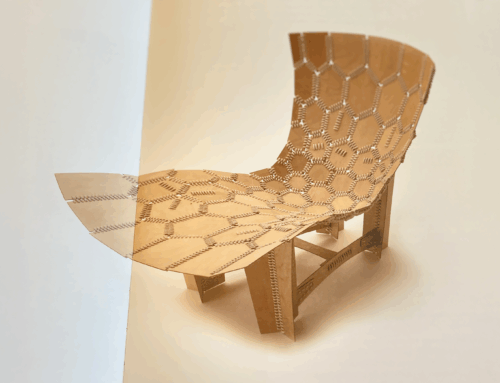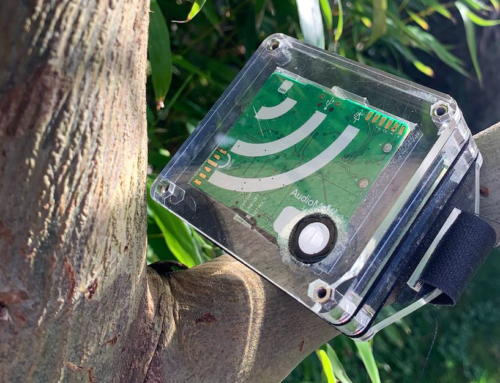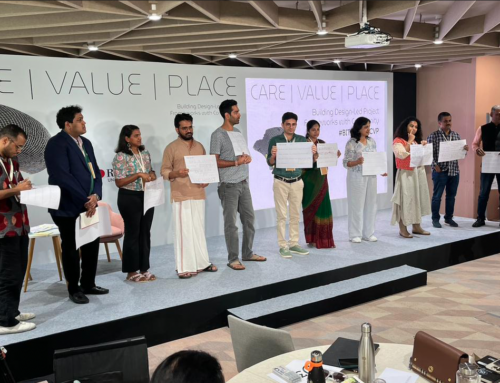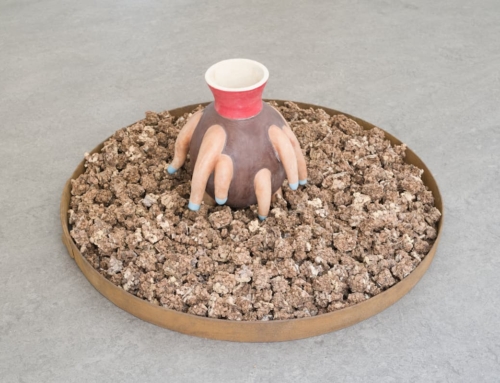At Pontio, in North Wales, a new Masters by Research in Relational Design (#api_MRRD) helps you make a positive step-change in a live wellness project for a region.
One project scenario could involve performance equipment for professional arborists. In hundreds of cities around the world, mayors and citizen groups are planting trees – to provide shade, reduce ambient heat, improve air quality, assist with storm water runoff, and improve public amenity. Community groups, too, are starting forests on school campuses and brownfield sites; in the North of England, funding is available for the community care and management of local woods In New York ‘s Street Tree Census hundreds of volunteers explore their neighborhood, meet new people, and map trees using a fast-growing Open Tree Map. On a somewhat larger scale, China is committed to cover nearly a quarter of the country with forests by 2020.
But planting trees is just the start. A wide variety of activities and equipment – and a lot of knowledge-sharing – are involved in the management of tree populations. Trees have to be climbed, pruned, inspected, and surveyed. Seeds must be collected from notable trees, and foliage sampled for research purposes. Specialist courses and industry guidance must be delivered for tree climbers and forest managers.
A love of trees and forests has fostered a growing variety range of spin-off activities. These range from: Forest Schools and different approaches to edible forest gardens and edible forests Other activities include tree-climbing competitions and camping in trees You can even participate in Applied Splicing Workshops.
In North Wales, DMM is a world leaders in the design of high-performance equipment for professional arborists – or ‘arbs’ (who describe their work as ‘veterinary care for trees’). And it’s not just about hardware. Because public money is often involved, safety regulations can means that every bit of kit needs its own certificate of conformance. Together with another local firm, Paper Trail, DMM has launched an Identity and Information Management platform, DMM iD, in which RFID technology is used to make carabina scannable and checkable anywhere in the world. It’s a far cry from a man, a rope, and an axe.
